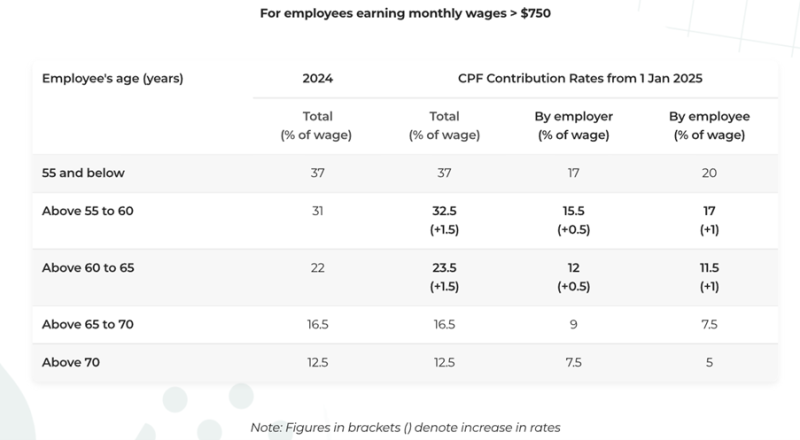From October 15, Singapore’s biggest banks will roll out new safeguards on digital transactions to protect customers from increasingly sophisticated scams. The move comes just weeks after the Singapore Police Force announced that 15 individuals would be charged for suspected roles in scam-related money mule activities. Twelve men and three women, aged between 18 and 35, were arrested in connection with scams ranging from impersonation and job fraud to e-commerce cons and loan schemes, with total losses exceeding S$8.8 million.

Image Credits: unsplash.com
Scams are not slowing down. They have grown more aggressive and more convincing, making it difficult even for savvy customers to tell a legitimate transaction from a fraudulent one. In response, banks are stepping in to close the gaps with stronger protections.
WHAT YOU SHOULD KNOW
DBS, OCBC, UOB, Citibank, HSBC, Maybank and Standard Chartered will enforce stricter rules on digital banking starting October 15. The safeguards apply to current and savings accounts, including joint accounts, with balances of at least S$50,000. If a transaction causes more than half of an account’s funds to be withdrawn within 24 hours, the safeguard is triggered. That transaction and any that follow will either be held for 24 hours or rejected outright. This pause gives victims a vital window to cancel the transfer if they realize they have been scammed.
These measures apply only to digital banking channels such as mobile apps and internet banking, while cash withdrawals at branches and ATMs remain unaffected. The Association of Banks in Singapore, which announced the move on October 3, has cautioned that customers may experience delays in legitimate digital payments and transfers, particularly for large or time-sensitive transactions like property purchases or stock trades. Customers are advised to plan such transfers ahead of time to avoid unexpected costs.

Image Credits: unsplash.com
While the new rules may cause some inconvenience, the scam cases highlight why they are necessary. Security measures already in place prevented an estimated S$78 million in scam losses during the first seven months of this year. Singapore’s financial system is not immune to the global wave of scams, but it has chosen to act decisively. Customers may have to trade a little convenience for peace of mind, and in the fight against scams, that trade-off may well be worth it.













